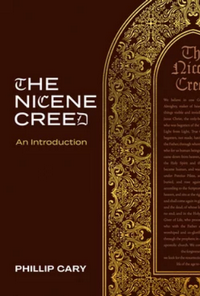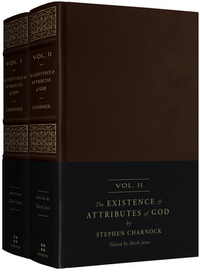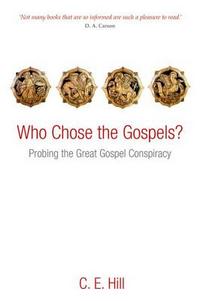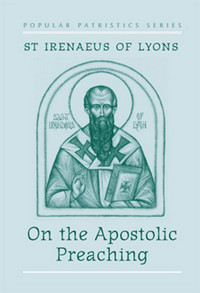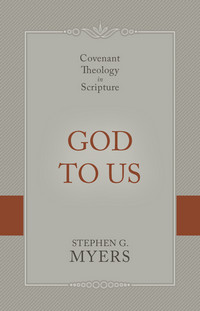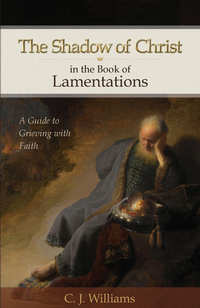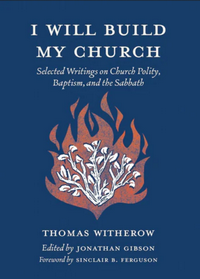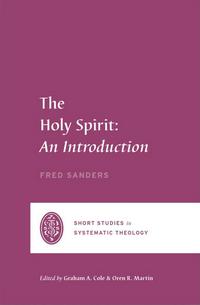 The Holy Spirit:
The Holy Spirit:
An Introduction
by Fred Sanders
DETAILS: Series: Short Studies in Systematic Theology Publisher: Crossway Publication Date: October 3, 2023 Format: Paperback Length: 157 pg. Read Date: October 15-November 12, 2023

This book introduces Christians to the Holy Spirit, which is a cheeky thing to do.
By definition, every Christian must already know the Holy Spirit in the most important way, since “anyone who does not have the Spirit of Christ does not belong to him” (Rom. 8:9). So to publish a book for Christian readers under the title The Holy Spirit: An Introduction is to take on a peculiar project: introducing readers to somebody they already know. That is exactly what this book does. It presupposes that its readers are already engaged with the reality of the Holy Spirit and invites them to a theological encounter with that person.
What’s The Holy Spirit: An Introduction About?
It’s kind of summarized there in that last sentence: it’s an introductory work on the theology of the Holy Spirit assuming that the reader knows Him already, but needs to understand Him, His identity, and His work more fully.
As it’s an Introduction (like all the books in this series), and therefore accessible which is nice—but it does a thorough job of talking about things like the Doctrine of the Trinity and how it is informed by and informs our Theology of the Spirit.
Sanders’ Approach
Rather than try to paraphrase or summarize Sanders, let me just let him describe the design of the book:
But my approach in this book is, as I said above, indirect, which is why I began by highlighting the paradoxical character of studying the Holy Spirit. I hope to treat the paradoxical character of pneumatology not as a hindrance to be lamented but as a help to be cherished. If knowledge of the Holy Spirit is, in the ways described above, deflective, reflexive, and connective, then an introduction to the Holy Spirit might deliver a great deal of insight by arranging itself in a corresponding way. Think of the implications that follow from the work of the Spirit being deflective, reflexive, and connective. Deflective means that when you try to think about the Spirit, you find the Spirit himself changing the subject to the Father and the Son. Reflexive means that when you try to think about the Spirit, you find the Spirit himself requiring you to think about yourself and about thinking. Connective means that when you try to think about the Spirit, the Spirit himself draws you out into the full scope of all theology. But these things are all beneficial! To study the Holy Spirit according to his own characteristic way of working means to be personally engaged in a total Trinitarian encounter with the truth of God, We will engage the deflective character of pneumatology.
Many books about Him focus on things like how the Spirit acts in the world today, the gifts of the Spirit—what that phrase means and how one obtains them—the role of Pentecost and how it can/if it can be duplicated today, and so on. Sanders eschews that—focusing on more primary issues (which isn’t to say he doesn’t get into some of that). He starts looking at the Trinity, then he considers the Spirit in relation to the Father—and how by doing so we can gain a better understanding of them both. Then he moves on to the Spirit in relation to the Son—how that’s similar and how that relationship is different than the previous. The final chapter considers the Spirit Himself—yes, addressing some of the same information, but from a different angle.
Bonus Material
As with many (sadly, not all) of this series, this comes with a nifty-looking Further Reading list—one I fully intend to use.
But the additional material I want to talk about is the Appendix, “Rules for Thinking Well about the Holy Spirit.” These are 27 brief rules that so usefully summarize the material in the book—and related ideas—for believers to bear in mind as we read Scripture or theology while working through doctrines/ideas about the Spirit. These rules are the kind of thing that students would do well to pin a copy of onto their wall/somewhere in easy reach.
So, what did I think about The Holy Spirit: An Introduction?
The Holy Spirit makes himself known to us in a way that is better than we could have expected or imagined for ourselves. He is the prevenient person, always already at work, never Father-free or Sonless in his being or in his work, closer to us than our own breath, and making known to us in the depths of our selves the deep things of God.
This is definitely one of my top 3 books in this series—possibly the best thing in it so far.
Sanders’s tone is certainly engaging—he never loses sight of the importance of what he’s talking about, and the necessary reverence. But he’s okay with being chatty and a little witty with the reader. He’s able to break down some complicated and technical points in a way that the reader can find them understandable and compelling.
I really appreciated his approach—both in the way he focused on what he chose to and those things he didn’t seem that interested in writing about. I’m sure others would disagree with me, but it looks like he majored on the major issues and didn’t bother with the minor ones.
I’m not sure that this will supplant Ferguson’s The Holy Spirit in my own use and reference when it comes to pneumatology—but I can’t see me looking into Ferguson’s without looking into this next.
Get your hands on it, and be introduced to Someone you’re already close to.

![]()



